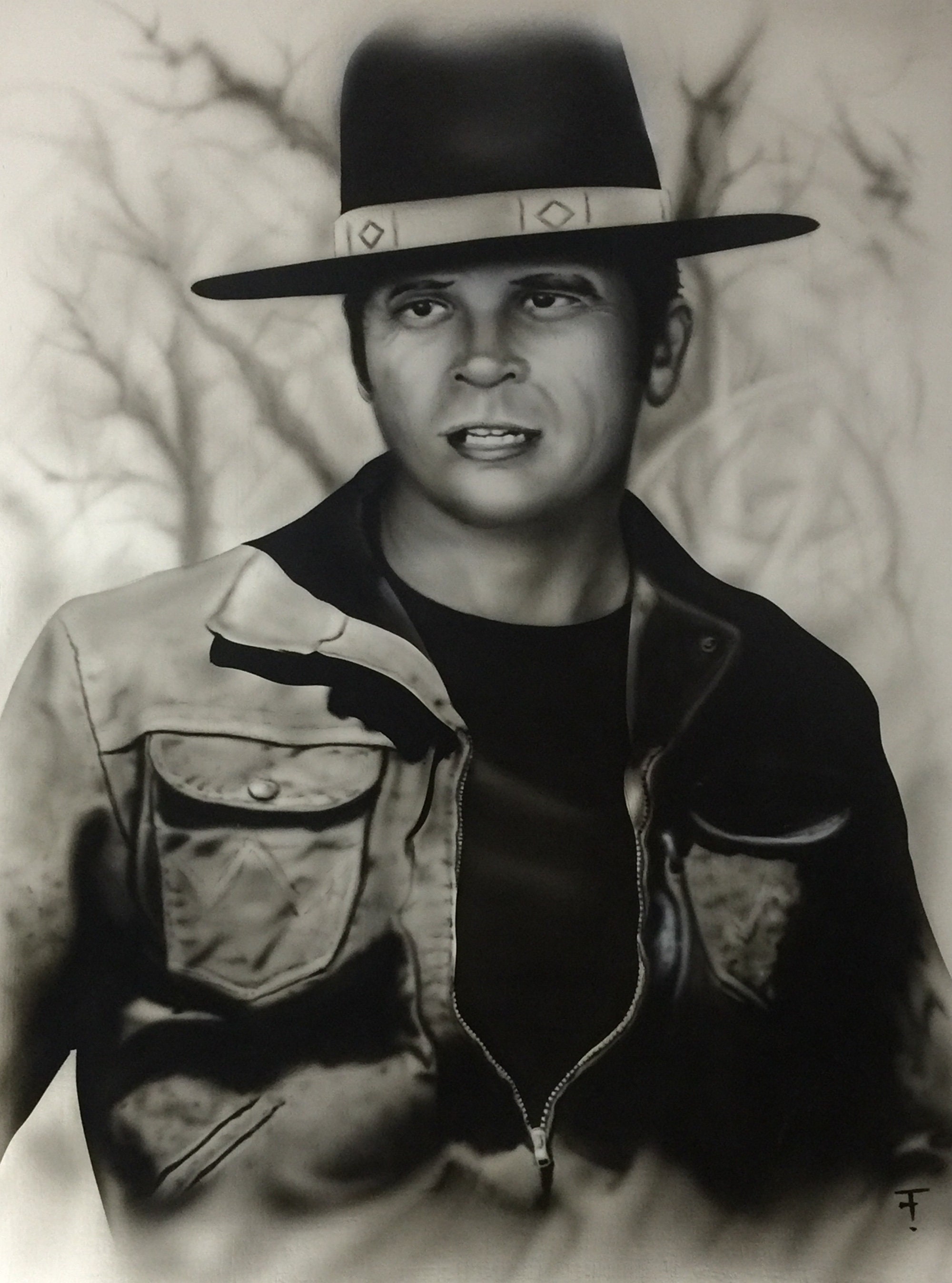
Theresa Kelly is the minor-league version of Melanie Safka, while Lynne Baker's "When Will Billy Love Me" has her emulating the worst aspects of Joan Baez by way of Marianne Faithfull, the unholiest of marriages. Two of the other female vocalists don't fare as well as Coven's Jinx Dawson, though. The soundtrack contains a different mix and a different vocal than what composer/conductor Lowe released on Coven's eponymous MGM album - that disc mostly put together by Frank Laughlin, son of the film's star, Tom Laughlin. in February of 1970, and disbanding around the time Coven's remake got into this film soundtrack and onto the charts some 20 months later in October of 1971 (bubbling under the Top 25). The hit single, "One Tin Soldier," is a Dennis Lambert/ Brian Potter tune first recorded by Original Caste, the Canadian band that got some activity with the song in 1969, hitting the Top 35 in the U.S.

It is composed and conducted by jazz guitarist Mundell Lowe, and the veteran borrows heavily from Jerry Goldsmith and Planet of the Apes on "Hello Billy Jack," then mixes Native American music with a touch of psychedelia on "Old and the New" - a quaint title considering the bizarre blend of sounds. In addition to her three children, survivors include Taylor’s grandchildren, Ellery, Hutch, Lily, Arlan and Jessica, and her sisters, Joan and Darlene.The music to the first big independent film produced decades before The Blair Witch Project and My Big Fat Greek Wedding is a strange and striking combination of styles that somehow is effective. “They completed each other in a way I’ve never seen with anyone else,” said Christina, who is writing and producing a documentary titled Renegades, about 1971’s Billy Jack. They were married in Milwaukee when she was working as a graphic artist and he was a dairy deliveryman, then came to Los Angeles in 1955 in a borrowed car and with $200 to their name to figure out a career in show business. But Laughlin hitchhiked to South Dakota, arriving on Christmas Eve to talk her out of that, her daughter said. She met Laughlin at the University of South Dakota and was set to marry another man. Her father ran a post office frequented by Native Americans. Taylor was born and raised in Winner, South Dakota, on the edge of the Rosebud Indian Reservation. “Just about every letter that she received from her fans after that called her the Golden Lady,” Christina said. Taylor had not heard it until her character was brought by Billy into a church in a wheelchair in an emotional scene, her daughter noted.
#Billy jack trial
She is a real independent - which means that she works out of her own living room and pocketbook, finds financial backers wherever she can and sometimes has to stop filming to dig up more money.”Ī song from The Trial of Billy Jack, “Golden Lady,” written for her and performed by Lynn Baker, became her trademark. But not an independent like John Wayne or Kirk Douglas, forming production companies for tax purposes and releasing films through established studios. On the eve of the release of The Born Losers, Roger Ebert wrote about her: over Billy Jack, they rereleased that film, made for $360,000, and it remains one of the most successful independent films in history. After winning a lawsuit with Warner Bros. The couple also self-distributed their features, which explored themes like child abuse, religious persecution and exploitation of Native Americans. (Frank is a film editor, and Teresa appeared in four of the Billy Jack films.)


Laughlin also directed all the films in the series, and for much of their off-camera work, he and his wife adopted pseudonyms, including Frank and Teresa Christina to honor their children. Taylor and Laughlin, who were married from October 1954 until his death in December 2013 at age 82, developed the character of Billy, a mystical half-Navajo, half-white Vietnam veteran and martial arts expert who stands up for the underdog in America. She received a Golden Globe nomination for New Star of the Year - Actress in 1972.


 0 kommentar(er)
0 kommentar(er)
